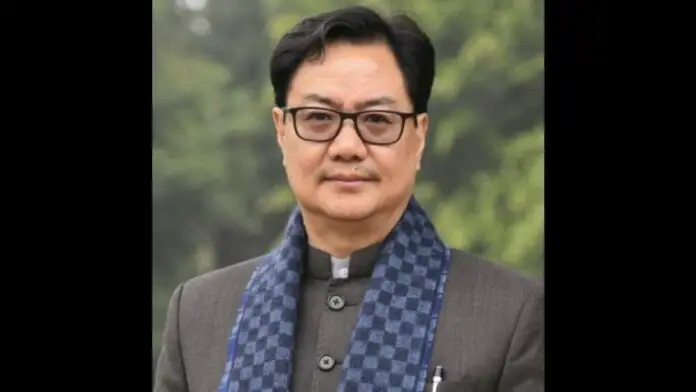
While sending proposals for the appointment of High Court judges, the Central government has been requesting Chief Justices of High Courts to give serious consideration to candidates belonging to Scheduled Castes/ Scheduled Tribes, Other Backward Classes, minorities, and women. In a letter to Member of Parliament P Wilson, Union Law Minister Kiren Rijiju stated the same in response to Wilson’s request for more socioeconomic diversity in the High Courts and Supreme Court.
In his statement, Rijiju stated that reservations for any caste or class of people are not provided for in the Indian Constitution, which governs the appointment of judges to the Supreme Court and High Courts. The Centre, on the other hand, has asked Chief Justices to give such issues appropriate weight in order to ensure socioeconomic diversity. “The government has been requesting the Chief Justices of High Courts to give due consideration to suitable candidates belonging to Scheduled Castes, Scheduled Tribes, Other Backward Classes, Minorities, and Women when sending proposals for the appointment of judges to ensure social diversity in the appointment of judges in High Courts,” according to the letter.
Currently, a Collegium of the concerned High Court, led by that High Court’s Chief Justice, initiates the nomination of justices to the High Court. The names chosen by the High Court Collegium are forwarded to the Supreme Court Collegium, which either approves or rejects them. The names that have been authorized are subsequently transmitted to the Union Law Ministry for approval by the Centre. Wilson, a Senior Advocate, has regularly emphasized the lack of diversity in the higher judiciary in his letters to the government.
He has also advocated for the establishment of regional Supreme Court benches in key cities around the country, as well as the increasing of the retirement age for High Court justices from 62 to 65.








